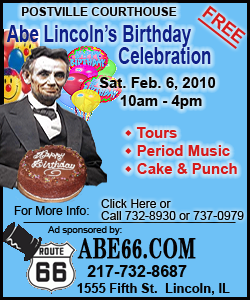| ||||||||||
| ||||||||||
The public also must be given timely notice when public meetings are to be held. Tom Newton, general counsel at the California Newspaper Publishers Association, said the law was broken only if business matters were discussed, which would be hard to prove because the public wasn't allowed to attend. He also added the quorum of members who RSVP'd may not have shown up. "You have to determine a quorum actually was there and that they heard, deliberated or discussed a public issue," Newton said. "Were there individual conversations that could never amount to a quorum or did somebody take a mike and lead a discussion in which everybody was involved?" Peter Scheer, executive director of the First Amendment Coalition, a San Rafael-based nonprofit that advocates for eliminating unnecessary government secrecy, said it was inconceivable that politics and legislative matters were off the menu with that many lawmakers in a single room. The AP filed the public records request to get the names of all those who RSVP'd to the event and of those who attended. The Assembly and Senate said they did not keep track of which lawmakers attended, nor did the governor's office.
When asked by the AP after the event how many lawmakers came to the lunch, a spokesman for Schwarzenegger said it was about 70, or a majority of the 120-member Legislature. Alicia Trost, a spokeswoman for Senate President Pro Tem Darrell Steinberg, D-Sacramento, said the lunch was a social event organized by the governor's office. "Members did not RSVP through the pro tem's office," she said. "The purpose was not to discuss legislative business." Shannon Murphy, a spokeswoman for Assembly Speaker Karen Bass, D-Los Angeles, did not respond Friday to messages seeking comment. The governor's senior staff, political consultants and lobbyists also attended. Holding a private meeting in violation of state law is a misdemeanor, and anyone who attends would be in violation. Experts said the legal burden is on the Assembly and Senate, not Schwarzenegger, since it was a quorum of those bodies that RSVP'd to the lunch.

[Associated
Press;
Copyright 2010 The Associated Press. All rights reserved. This material may not be published, broadcast, rewritten or redistributed.

News | Sports | Business | Rural Review | Teaching & Learning | Home and Family | Tourism | Obituaries
Community |
Perspectives
|
Law & Courts |
Leisure Time
|
Spiritual Life |
Health & Fitness |
Teen Scene
Calendar
|
Letters to the Editor